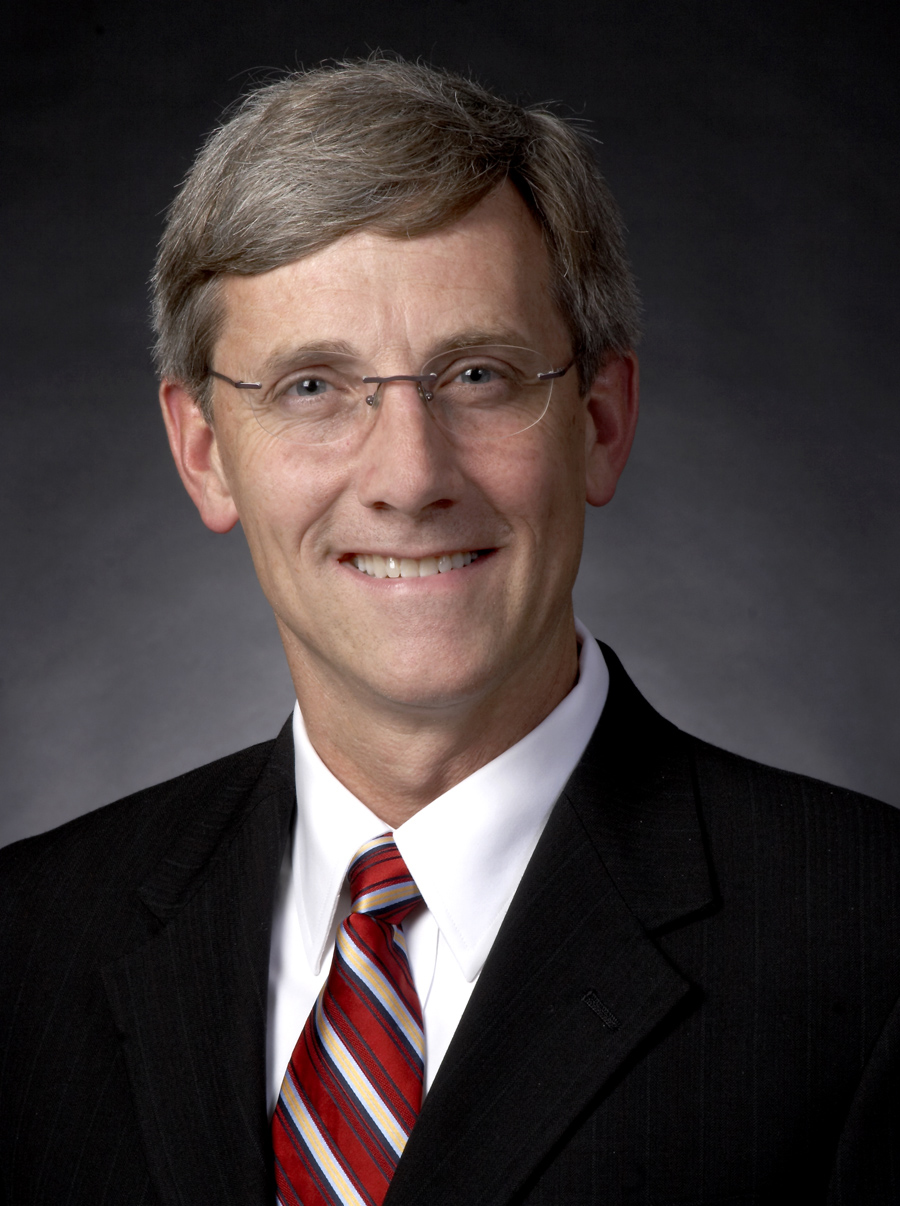Press Release
Tim Collins to Lead Precision Engagement Business Area at Johns Hopkins Applied Physics Laboratory
Thu, 10/05/2006 - 09:12
The Johns Hopkins University Applied Physics Laboratory (APL) in Laurel, Md., has named Timothy J. Collins the Precision Engagement Business Area Executive.
Precision Engagement refers to the process of integrating weapons, radars and sensors, targeting and tracking systems, and navigation and guidance capabilities so that the military can precisely detect, track and destroy a target. Its success depends on in-depth analysis to identify and locate critical nodes and targets. APL's Precision Engagement (PE) Business Area develops detection and targeting, command and control, and engagement capabilities for the military.
For decades, the Laboratory has made many significant contributions to this mission through two programs that are still very active today: a technical direction agent role for the Tomahawk Weapon System programs, and its trusted technical agent role in Navy electronic attack programs. During the past few years, APL has expanded its efforts into tactical aircraft, ship, and submarine programs and into programs developing better technologies for tactical surveillance and targeting. Today, the PE business area's signature programs include Tactical Tomahawk, electronic jamming, hypersonic weapons technology, and the DD(X) destroyer at the center of a new family of surface combatant ships.
Collins had been acting PE business area executive since April. Since joining APL in 2005, he has served as a program area manager and group supervisor for the business area's Detection and Targeting area, working on programs as diverse as the Joint-Unmanned Combat Air System and Upstream Data Fusion, and service as a deputy business area executive.
"In just a short time since joining the Laboratory, Tim has demonstrated excellent leadership and team building skills in key activities," says APL Director Dr. Richard T. Roca. "Tim's enthusiasm, subject matter expertise, and interpersonal skills will serve the Laboratory well in this important position."
Prior to joining APL, Collins served for 23 years in the U.S. Air Force in a variety of operational and staff positions in the United States, Europe, and Asia, commanding in peace, armistice, and war at the flight, squadron, group, and wing levels. He has more than 3,500 flying hours as a command pilot with combat flight time in fighter and tanker aircraft. He has also flown unmanned air vehicles and the E-3 Airborne Warning and Control System weapon system.
A resident of Clarksville, Md., Collins graduated from the U.S. Air Force Academy in 1982. He went on to earn master's degrees from Embry-Riddle Aeronautical University in Florida, and the National War College in Washington, D.C.
